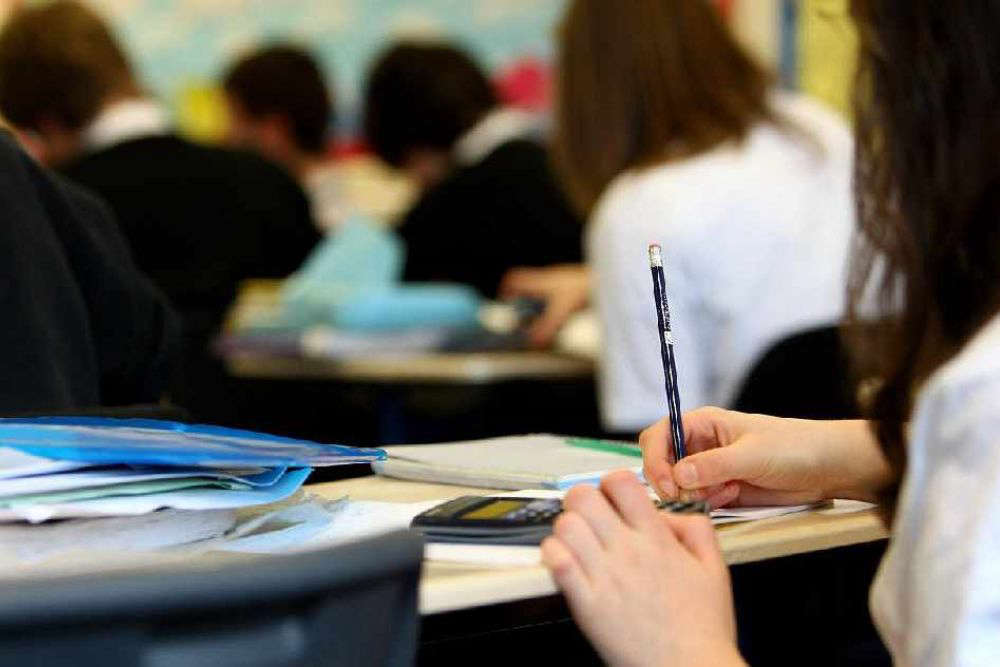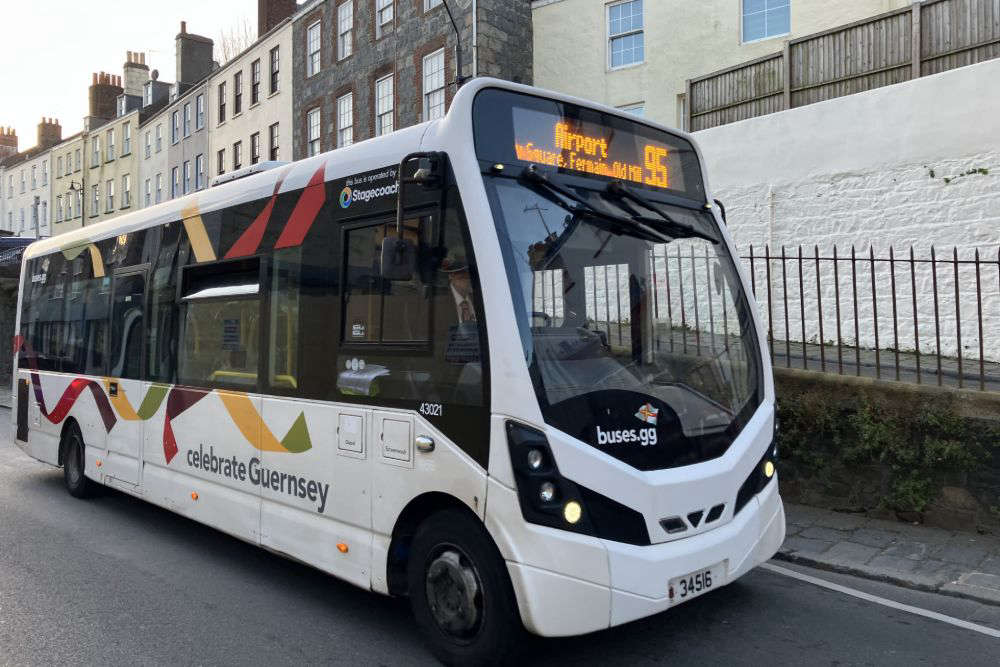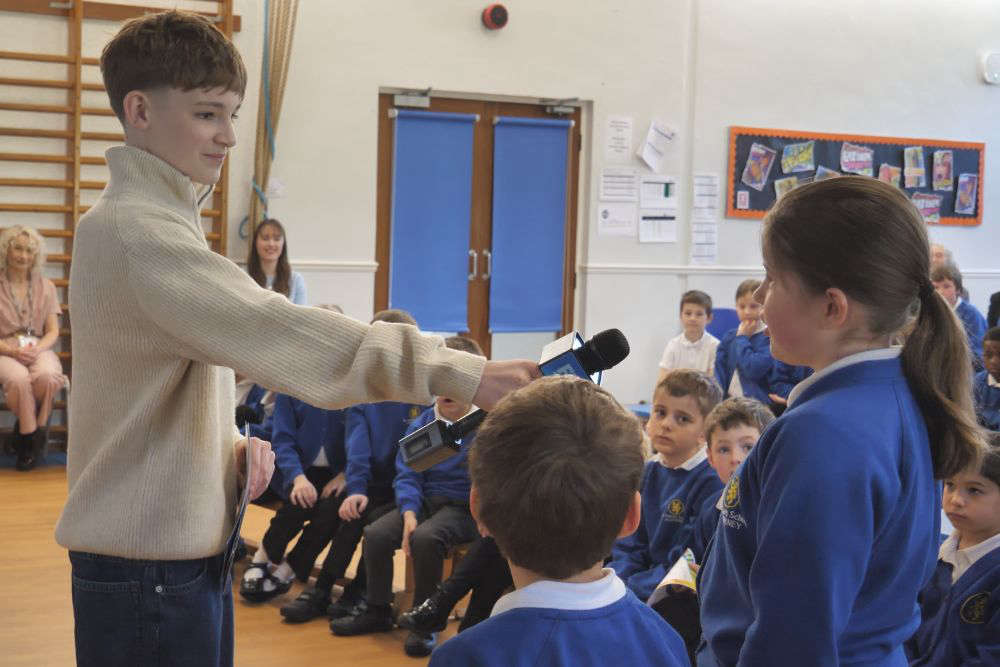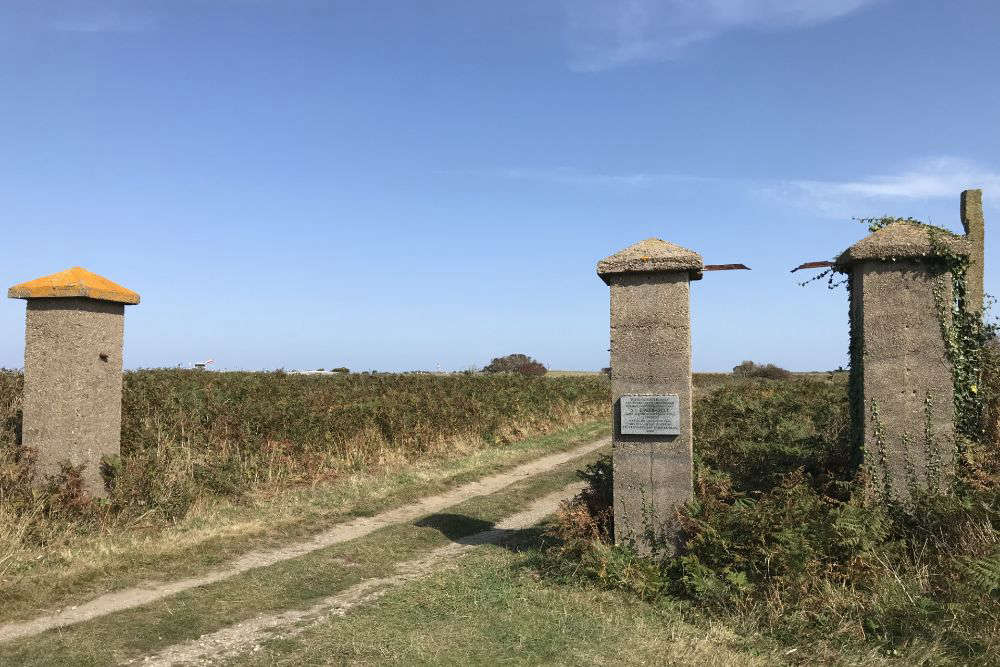
A survey of more than 1,300 students has highlighted several areas of concern, including increased substance abuse and bullying.
The 2022 Guernsey Young People's Survey is taken every three years.
It aims to give the States' Education Committee and Health Improvement Commission helpful insights into students' lives.
1,359 students, in Years 6, 8 and 10 completed the questionnaire on attitudes and lifestyle in 2022.
When the data is compared to the 2019 results, a few areas of concern were flagged.
Students' enjoyment of lessons dropped from an already low 44% to just 39%, while those saying they had experienced bullying in or near school doubled to 22%.
The number of students who vape rose dramatically from 2% to 10%, while the number of students who drank more alcohol than they intended increased by 5% to 27%.
Head of Education Inclusion Services, Dave Stumpf, says action will be taken before the next scheduled survey in 2026:
‘"The Young People Survey gives students a voice so it’s important that we listen and act on the findings.
It is important that over the next three years, we focus on and address the findings of the 2022 survey, including awareness and education regarding substance use, and supporting the mental health and well-being of all young people."
President of the Committee for Education, Sport & Culture, Deputy Andrea Dudley-Owen says that the pandemic could have influenced the results:
"This recent survey is the first since the pandemic, where young people would have felt disruption and impact not only with periods of social isolation and distance learning but also the significant measures required to keep schools open and mitigate the spread of Covid.
She says the concerns need to be addressed in multiple areas of the student's lives:
"Schools received individual feedback on their survey results and through our interim governance role, we have already let school leaders know that we are keen to hear from them about actions they are taking in response to the survey findings, both to address the areas of concern and as importantly to share best practice.
Raising children to be well-rounded citizens needs input from the whole community and I would encourage parents and carers to use the findings of the surveys to have age-appropriate conversations with their children, then to continue to check in with them regularly and to let their school know if there are any concerns that the school can help with."


 Drone show for Liberation Day
Drone show for Liberation Day
 Stagecoach takes over Guernsey's bus service
Stagecoach takes over Guernsey's bus service
 Jersey company keen to exploit CI wind potential
Jersey company keen to exploit CI wind potential
 Guernsey grab a point at the new home of island football
Guernsey grab a point at the new home of island football
 Alderney school joins global ocean programme
Alderney school joins global ocean programme
 Brittany Ferries takes control of Guernsey's sea links
Brittany Ferries takes control of Guernsey's sea links
 DFDS cancels first sailing to Jersey
DFDS cancels first sailing to Jersey
 Figure behind new evidence on slave labour deaths in Alderney to step down
Figure behind new evidence on slave labour deaths in Alderney to step down




